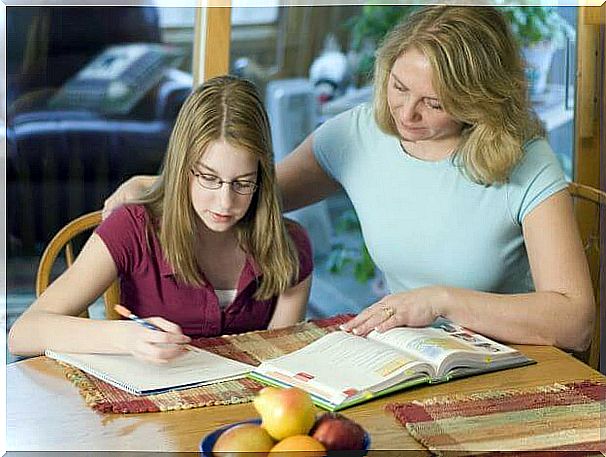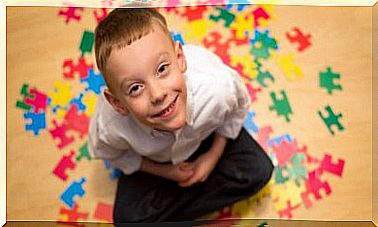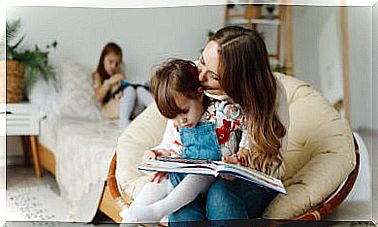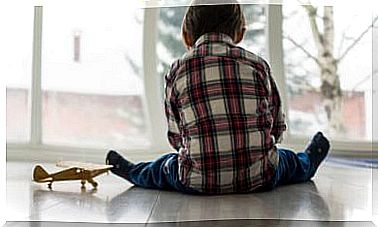I Don’t Like My Child’s Teacher
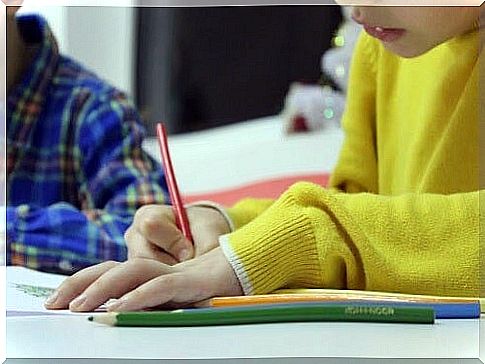
“I don’t like my son’s teacher,” a statement that is as definitive as it is worrying in the life of any mother. How do we arrive at that conclusion? What factors are involved? What should I do? Here we will help you find out.
The teachers that our children will have throughout their lives will play an important role in both their intellectual and emotional development. There is no doubt that if, as mothers, we have the support of a good educator at school, we will have greater peace of mind, because we will know that our children are in good hands.
But what happens when we say: “I don’t like my child’s teacher.” We are facing a situation that certainly generates great concern and considerable stress. The worst thing is that this feeling, we can pass it to our children without being fully aware.
Before drawing a conclusion lightly, we must ask ourselves: what is it that we do not like about the teacher? Does your child like his teacher? What does your child say or comment at home about the teacher? Being sincere when giving answers to these questions will allow us to have a clearer picture to know if we are facing a real problem or not.
What is it you don’t like about your little one’s teacher?
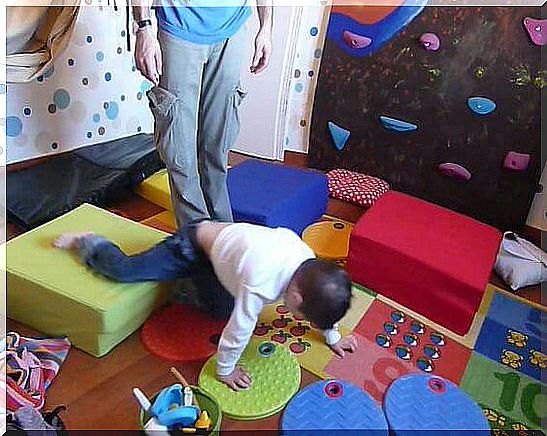
Answering this question with absolute sincerity is very important. We can not judge anyone lightly and less if it is someone who should be an ally and not an enemy. There are multiple factors that we must take into account so as not to jump to conclusions.
Sometimes, our children can improperly transmit a message sent by the teacher and when we receive it, we form a wrong idea of that person. Our son may even tell us that he does not like the teacher, but we must stop to investigate if it is a mere whim or is it a reality.
Are their teaching methods the ones you don’t like? It is perfectly valid that you have discrepancies, but remember that a teacher is a professional and that the forms vary according to each teacher. The techniques that our teachers used with us may not be the same as those used today, times change.
Consulting with an expert or even talking to another mother about your concerns about your child’s teacher may allow you to see things better. Sometimes we can be exaggerated, after all it is about the most precious thing we have: our children.
Now, if you find that your child’s teacher uses inappropriate techniques or speaks to your little one in an unacceptable way, it is necessary to have a conversation with those who run the institution. It does not have to be something traumatic or intimidating, for this type of conflict you can always find a peaceful and effective solution.
Some tips for having a good parent-teacher relationship
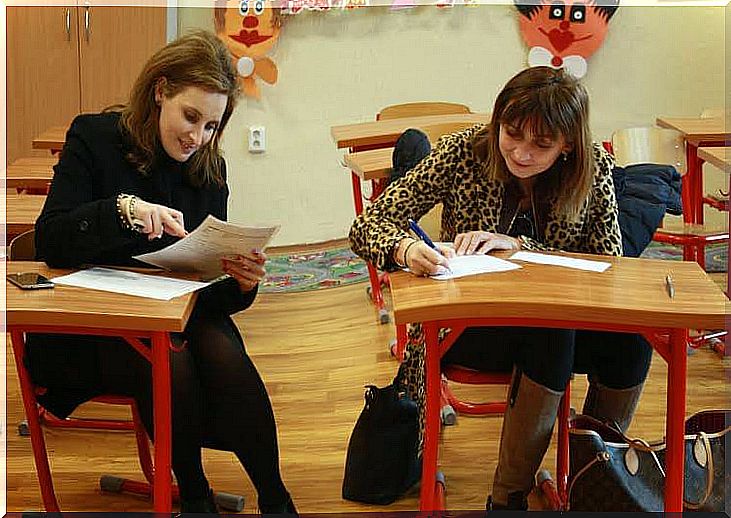
These tips will help you improve your relationship with your children’s teacher:
- Let yourself meet your child’s teacher. Your relationship should not only be based on the delivery of grades and resolution of a specific conflict at school, we must go further. The perception we have of the teacher will influence the opinion that your child also has about it.
- Communication is essential. It is essential that the child feels that there is an agreement between the decisions made as parents and those made by the teachers. A good relationship between parents and teachers contributes to your child’s success in school by helping to model their behavior.
- Each one in his place. Both figures, parents and teachers, must be clear about their functions or roles in the life of a child. As a mother, you cannot pretend to know more or to be better than the teacher or vice versa.
At school and at home there are rules that children must meet, and it is important that although they are different areas, they go along the same lines. Schools should instill respect for parents and at home you should also ensure that your children get along with teachers.
We must remember that each head is a world and that if our children learn from their teachers, we can also learn from them. Open and frank communication between both authorities, parents and teachers, is the key to contribute to the well-being and educational development of your child.
